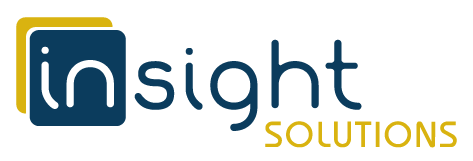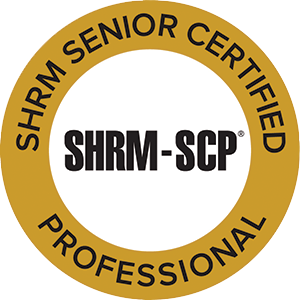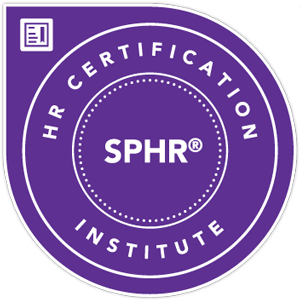What week of social distancing is it? Week 7? 8? 25? When quarantine first began, it was frightening. Some people will not return to work for awhile. Others were asked to come back a couple of weeks ago. And then there are others that unfortunately lost their positions. As the weeks have gone on, anxiety has increased and staying motivated to work has become challenging for us all. I want to share with you my thoughts on how we can all maintain our personal morale in moments of adversity.
Give Yourself Grace
First and foremost, recognize that this is an unprecedented time for everyone. No one in the world has ever faced the massively-scaled COVID-19 before. We are all doing the best that we can with what we have, and that may look differently from your work prior to the pandemic. With added layers of uncertainty and anxiety, it is normal and okay that concentration and motivation are becoming harder and harder to come by while trying to work as usual. Give yourself grace. Recognize that you, along with your colleagues, are doing the best you can.
Do What You Can
Lastly, do what you can. There may be projects and tasks at work that have been put on hold for the time being. Colleagues may be facing furloughs or layoffs that have logistically or mentally affected your productivity. During this time, do not expect the same past results from these new challenges. If your company uses a goal tracking system, consider having a conversation with your supervisor to adjust those metrics.
Forget Work
At least for a while. Because we are unable to check in with our colleagues each day during coffee breaks and lunch time, conversations with work friends seem to be all work and no play. Plan a 30-minute virtual coffee break, or even a post-work happy hour with colleagues to catch up in an informal setting. Ask about one another’s families, find out what movie you should be watching next, talk about everyone’s favorite quarantine recipes. Just relax, and remember, no work topics.
Remember the Bigger Picture
Lastly, remember the bigger picture. Yes, I am a business coach, but I’m also a wife, mother, daughter, and friend. And as passionate as I am about my career, my family and friends are my absolute world. I want to encourage you to remember those individuals in your life. Remember that while business may be tough right now, you have people in your life, related or not, who love and care for you beyond how successful you may be at work.
____________
About Debi
Debi is a coach to high performers, leaders and business owners wanting to achieve more and grow beyond what they believe is possible. Known for her clarifying insight and a pragmatic approach, Debi brings her clients to the next step by asking the right questions during strategy development and supporting them during strategy implementation. With experience in management, recruitment and employee development for various industries, she has a wide scope of expertise and will confidently guide you towards a successful future in your career.
Ready to take your career to the next level?
Let’s chat. Schedule a complimentary call to discuss innovative solutions to your specific needs.





